When most people think of worthwhile television networks, there’s a decent chance they immediately think about premium channels like HBO, Showtime, or Starz. As great as those TV providers are, it’s also worth remembering how many other fantastic TV channels there are out there, including the subscription-based network, FX.
A dependable source of entertainment in the ever-expanding zeitgeist of television providers, FX has managed to hold onto its respected place among mainstream audiences for just over 20 years. Whether producing twisted, darkly comic sitcoms or decade-defining horror anthology series, FX has captivated viewers through any one of their critically praised shows, rivaling their creative and corporate competitors at AMC, HBO, or Netflix.
The Shield
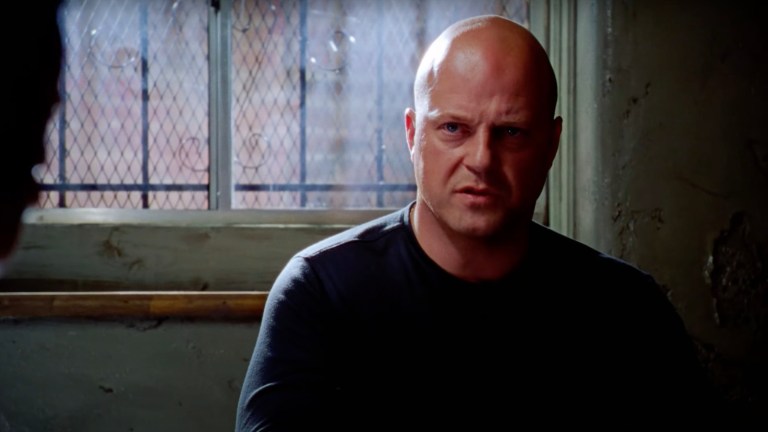
Without the success of The Shield in the early 2000s, it’s hard to imagine FX would ever have grown into the mainstream TV network it eventually became. A hard-boiled study of law and order in the morally dubious Los Angeles justice system, The Shield provided an unflinching look at the uphill battle police officers face in the line of duty. Posing all kinds of ethical questions related to justice, corruption, and morality within L.A.’s police department, The Shield brought a whole new level of gritty realism to mainstream TV dramas.
What We Do in the Shadows
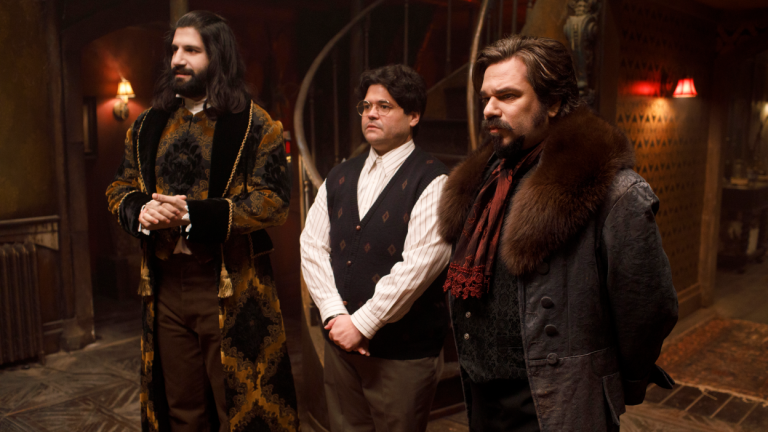
More often than not, television remakes of beloved movies tend to pale in comparison to their source material. Every once in a while, though, an awe-inspiring remake comes along that not only matches the acclaim of its predecessor–it actually surpasses it. Such is the case for What We Do in the Shadows, FX’s reimagining of Taika Waititi and Jemaine Clement’s fan-favorite 2014 mockumentary of the same name. Brilliantly satirizing the kitschier genre tropes of vampire fiction, What We Do in the Shadows also expertly transposes Waititi and Clement’s narrative to the hustle and bustle of Staten Island (I.E., the last conceivable place you’d expect to find vampires).
Justified
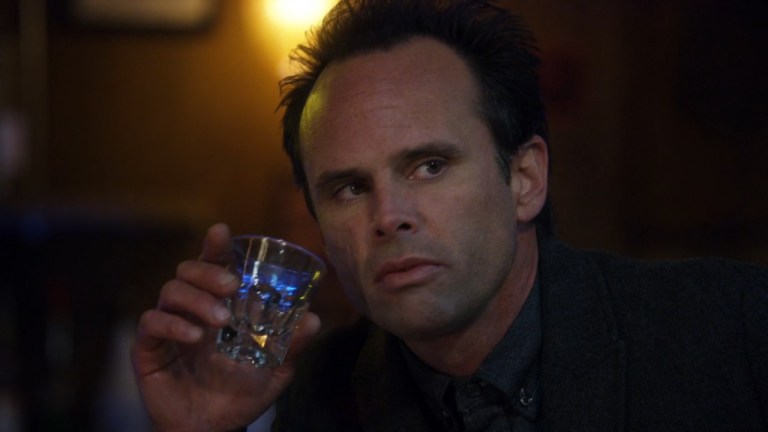
Before audiences looked to Yellowstone for their supply of cowboy-themed crime stories, Justified held viewers’ interest as the neo-Western drama series on TV. Adapted from Elmore Leoneard’s pulp neo-noir stories, Justified merged the age-old concept of gunslinging cowboys with a realistic presentation of the modern criminal underworld. Led by a scene-stealing Timothy Olyphant, the series’s uncompromising look at the Deep South continues to fascinate viewers almost a decade later.
It’s Always Sunny in Philadelphia
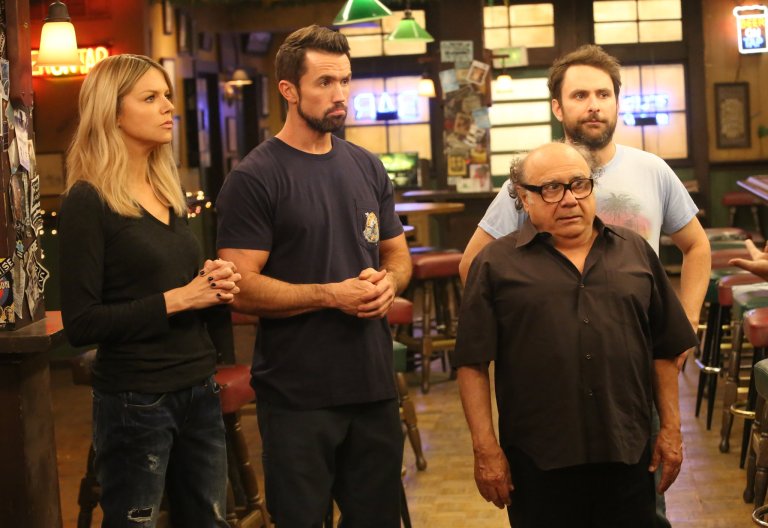
Taking the underlying premise of Seinfeld one step further, It’s Always Sunny in Philadelphia might just be the most perverse sitcom ever shown on television. Borrowing Seinfeld’s notion of inherently unlikable people ruining average New Yorkers’ lives, It’s Always Sunny presented a similarly misanthropic view of life inside the City of Brotherly Love. Featuring an impressive ensemble cast–each of whom play a character more bizarre, selfish, and hateful than the last–It’s Always Sunny is guaranteed to leave viewers guffawing aloud, even as they recoil in disgust and shock at the main characters’ irredeemably awful actions.
Shōgun
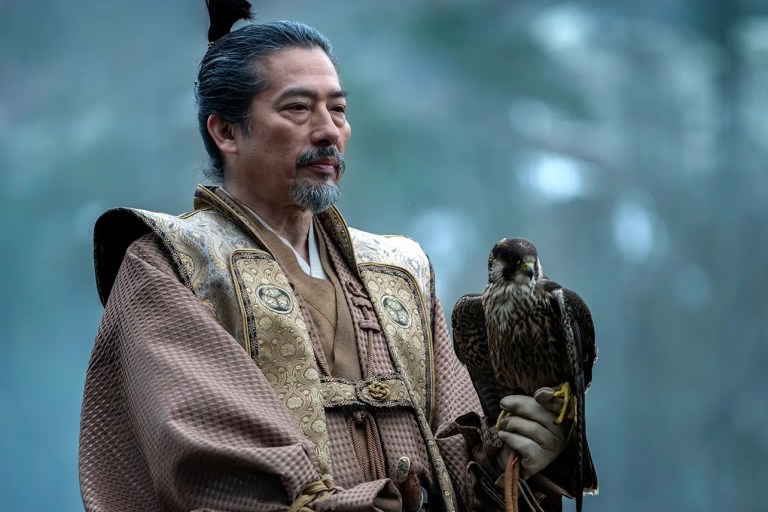
One of FX’s more recent acclaimed series, Shōgun effortlessly adapted the nuanced world of James Clavell’s 1975 novel for the small screen. Presenting one of the most defining eras of Japanese history in a meticulous, carefully researched fashion, Shōgun retains all the core characteristics of Clavell’s original book, from a judicious portrayal of Japanese culture to its alluring study of power in a politically fractured nation.
Atlanta
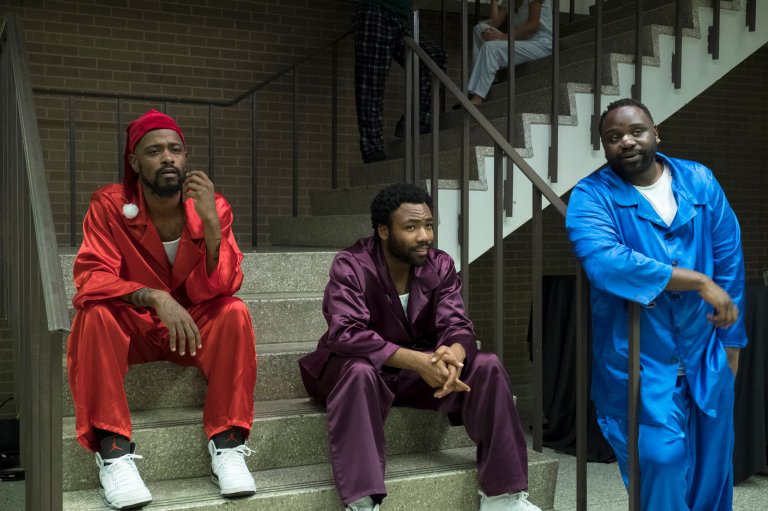
Is there any limit to the creative projects Donald Glover is capable of producing? An austere musician and actor on the one hand, Glover has always proven himself an infinitely talented storyteller in his own right, as evidenced by his groundbreaking FX series, Atlanta. Never balking at the chance to veer towards the unexpected, Atlanta’s unorthodox narrative presentation ensured a series unlike any other on television, earning Glover instant renown for his unparalleled creativity and one-of-a-kind comedic style.
The Americans
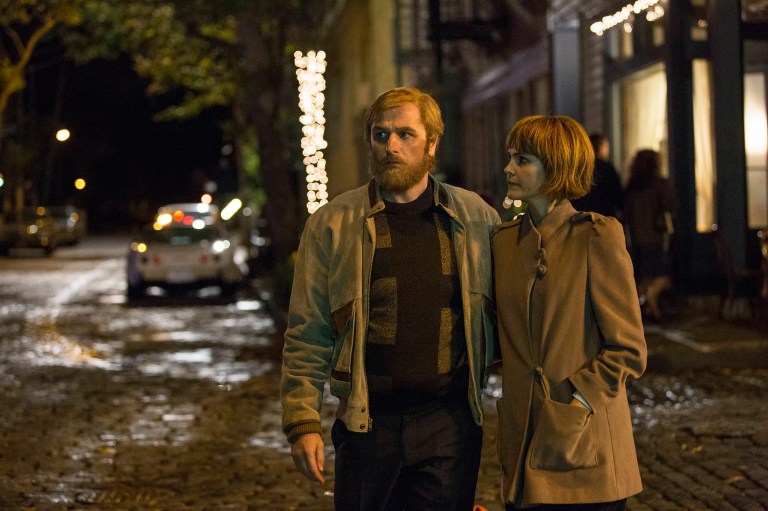
The espionage equivalent to Breaking Bad, The Americans managed to bring an element of warmth and understanding to the politically tumultuous Cold War, examining the power struggle between the U.S. and Soviet Union throughout the 1980s. Analyzing both sides of the conflict over the course of its six seasons, The Americans illustrated the profound similarities that existed between each nation and the operatives propagating the war on the front lines, blurring the distinction between patriot and saboteur, idealist and cynic, and agent and traitor, among others.


0 Comments